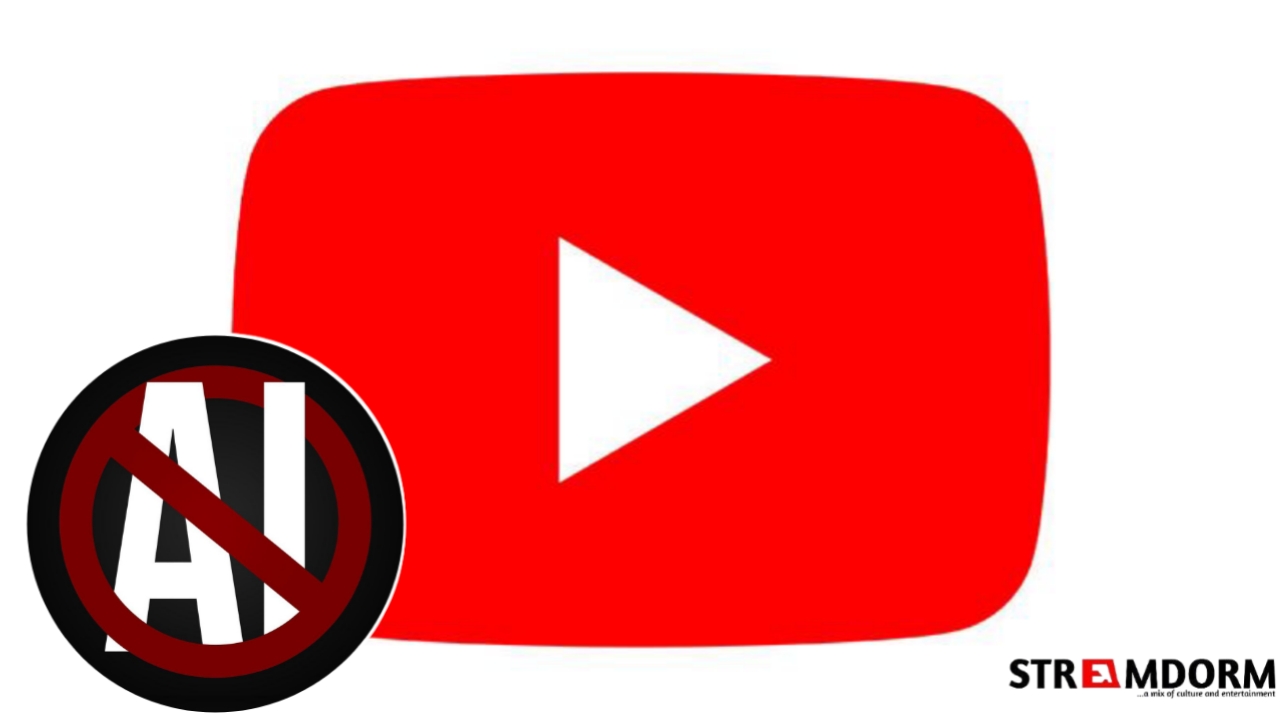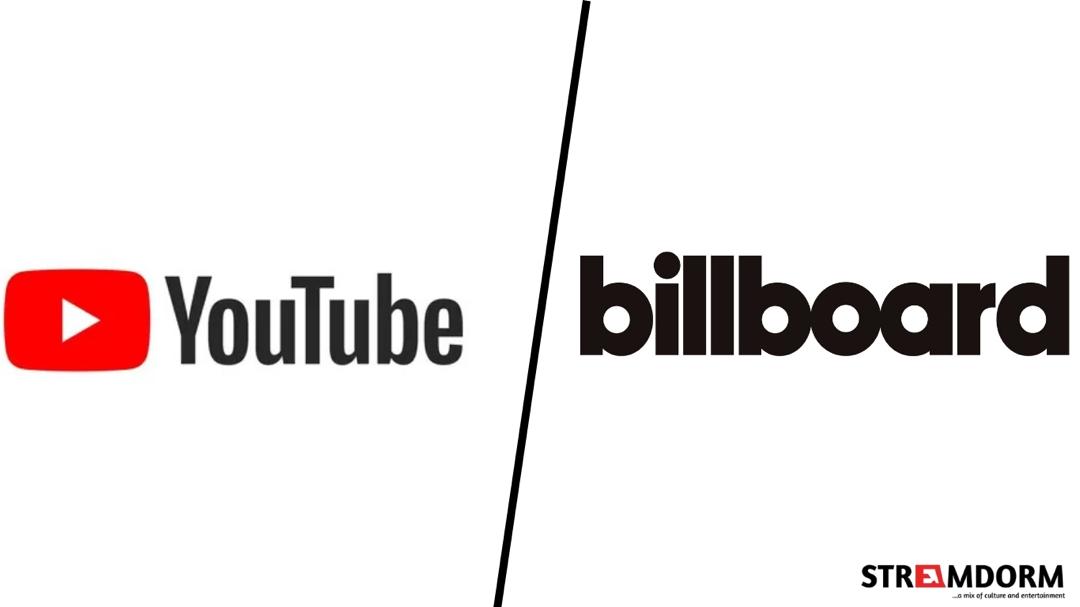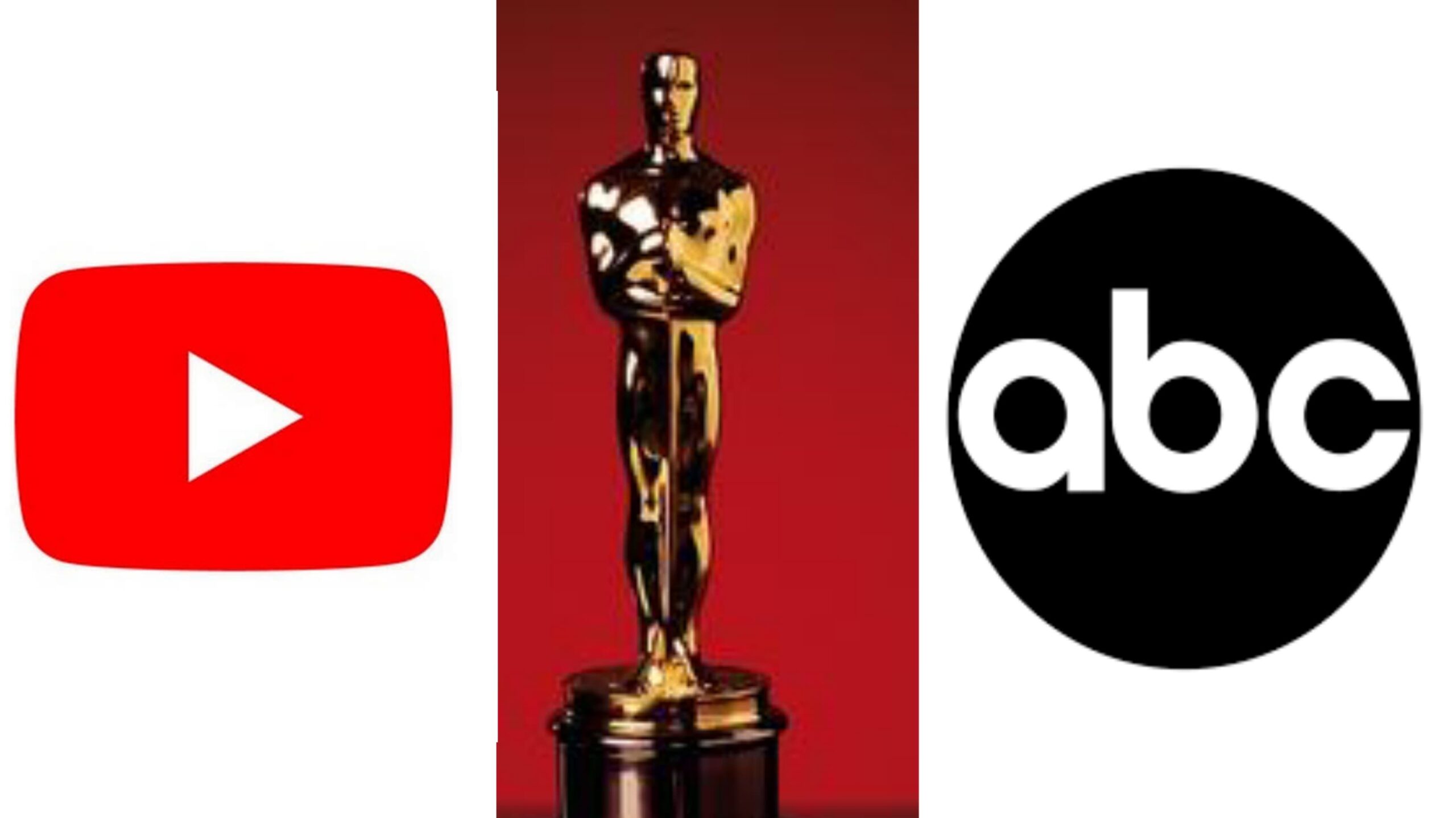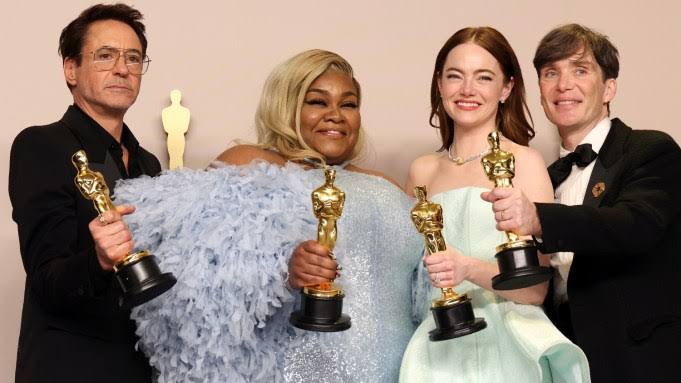YouTube appears to be taking its strongest action yet against low-quality AI-generated content, as several major channels accused of producing so-called “AI slop” have either disappeared or had their videos wiped from the platform.
According to research highlighted by video platform Kapwing, at least 16 high-performing AI-focused channels have been impacted, with their combined reach previously standing at around 4.7 billion views and roughly 35 million subscribers.
While YouTube has not publicly issued a detailed announcement confirming each removal, multiple tech outlets report that these channels are now either gone entirely or left with empty pages, suggesting a platform-wide cleanup effort is underway.
For creators and viewers alike, this could mark a turning point in how YouTube handles mass-produced AI content.
Not all AI content is considered a problem. Many creators use AI tools responsibly to edit videos, generate subtitles, or improve production quality.
But “AI slop” refers to something different.
The term is commonly used to describe low-effort, repetitive videos generated almost entirely by automated systems, usually produced at scale to exploit YouTube’s recommendation algorithm.
These videos often include:
- Automated voiceovers
- Repetitive storytelling formats
- Stock or AI-generated visuals
- Minimal human creativity or originality
- Mass uploads designed purely to capture ad revenue
In short, they are designed to maximize clicks and watch time rather than provide genuine entertainment or value.
Over the past year, viewers have increasingly complained about seeing similar AI-produced videos flooding recommendations, sometimes pushing out original human-created content.
Kapwing’s research suggests that among the top AI-content channels on YouTube, 16 major players have recently been removed or stripped of content.
Some channels were reportedly deleted outright, while others still exist but no longer contain videos.
However, YouTube itself has not publicly listed the affected channels, so exact enforcement details remain partly unclear.
YouTube has been under growing pressure to maintain content quality as AI tools make video production faster and cheaper than ever.
Removing large AI slop networks may be YouTube’s way of protecting both viewer experience and legitimate creators.
Importantly, YouTube is not banning AI content itself.
The issue appears to be low-quality, mass-produced videos, not creators who responsibly use AI tools as part of their creative workflow.
For years, some operators built channels that relied on automation rather than storytelling, originality, or personality. AI tools allowed them to produce hundreds of videos quickly, often earning advertising revenue with minimal human effort.
Now, that model looks increasingly risky.
AI has made content creation accessible to more people than ever before, but it has also created an explosion of automated media designed purely to chase engagement.
TikTok, Instagram, and streaming platforms are all dealing with similar issues as AI content becomes easier to produce at scale.
YouTube’s current actions may only be the beginning of stricter moderation across platforms.
YouTube has not confirmed whether further removals are coming, but analysts expect moderation to increase throughout 2026 as the platform refines policies around AI content.





















